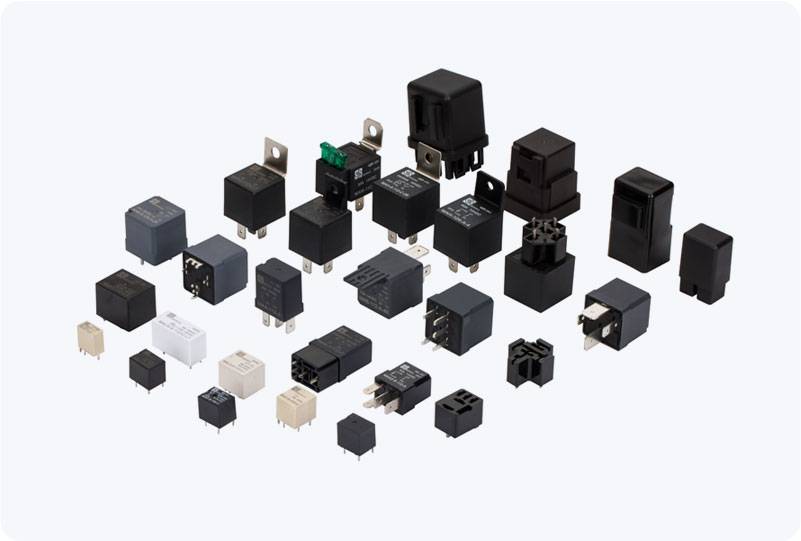understanding the importance of motor overload relay in electrical systems
Release time:2025-10-21 10:07:45
A Motor Overload Relay is a crucial component in industrial electrical systems, providing essential protection for motors against damage caused by overloads. Motors are commonly used in various machinery and equipment, and they often experience fluctuations in load conditions. If these fluctuations result in excessive current that exceeds the motor's rated capacity, it can lead to overheating and eventual failure of the motor. To prevent such damage, the motor overload relay plays a critical role in monitoring and regulating the electrical current feeding into the motor, ensuring safe operation over an extended period.

What is a Motor Overload Relay? A motor overload relay is an electrical protection device designed to safeguard motors from overcurrent situations, which occur when the motor draws more current than it was designed to handle. The overload relay continuously monitors the motor's current flow, and if the current exceeds a preset threshold for a certain amount of time, it disconnects the motor from the power source, preventing it from being damaged. The overload relay operates based on the principle that excessive current produces heat. The relay is designed to detect this heat and respond by tripping or shutting down the motor, preventing permanent damage caused by overheating.

